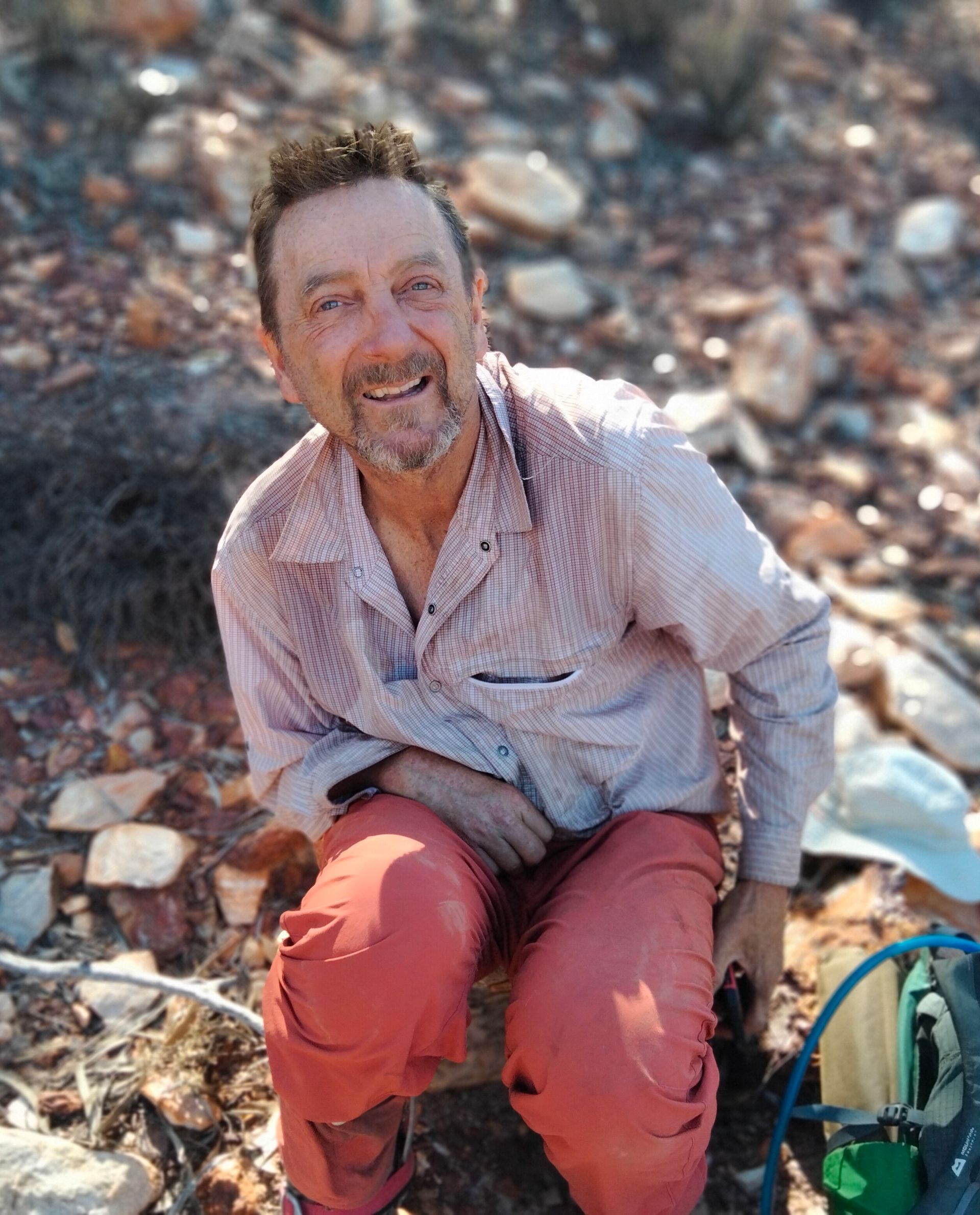A disability inclusion revolution -
Paul’s story

In 1998, after many years as a professional mountaineer, I unexpectedly joined the ranks of the disabled while climbing the Totem Pole, the world’s most slender needle of rock, located in Southern Tasmania. A boulder dislodged from 25 metres above and crashed into my skull, causing a massive brain injury and leaving me with epilepsy, and right-side hemiplegia and brain trauma.
I’ve written and spoken in my books and films about how this accident was the best thing that ever happened to me. I describe it as my ‘second life,’ and I was literally a baby again. I had to learn to walk, dress and feed myself again. It took 12 months in a rehabilitation hospital, and then I gradually began to consider how to devise a way to continue the life of adventure that had been so drastically interrupted.
Seven years after the accident, I participated in a pan-disability expedition to Mount Kilimanjaro, and went on to many other adventures. Cycling to Mount Everest, tandem trike riding from the lowest to highest point in Australia with a vision-impaired fellow-adventurer, and most recently tackling the gruelling Larapinta Trail with an all-abilities team to raise awareness about disability inclusion and highlight what us so-called ‘disabled’ people can actually do.
I do think we’re currently having a disability/inclusion revolution, and I believe that this growing awareness of people with disability goes straight to the heart of our common humanity, because any of us could join the ranks of the disabled at any time, just like me. With so many people identifying as having a disability, most of us know somebody who has disability, even if we ourselves are not disabled. But despite this, people with disability are still the most discriminated against cohort of people in the world.
We’re not saying – look at us, aren’t we special? We’re not superhumans, overcoming insurmountable odds. And we’re not victims in need of charity. People with disabilities not only have the same aspirations as anybody else, but are often more adaptable, more creative and resilient, than their non-disabled counterparts, precisely because of the discrimination and prejudice that society has shackled us with for thousands of years.
That is why I and my fellow adventurers trekked the Larapinta Trail, Australia’s hardest multi-day walk, to help fight for inclusion. We’re well aware that society is making great gains in the field of disability rights, but there’s so much more we can do.
Will you join us in the disability inclusion revolution, and look beyond the disability to discover what people with disability are really capable of?

